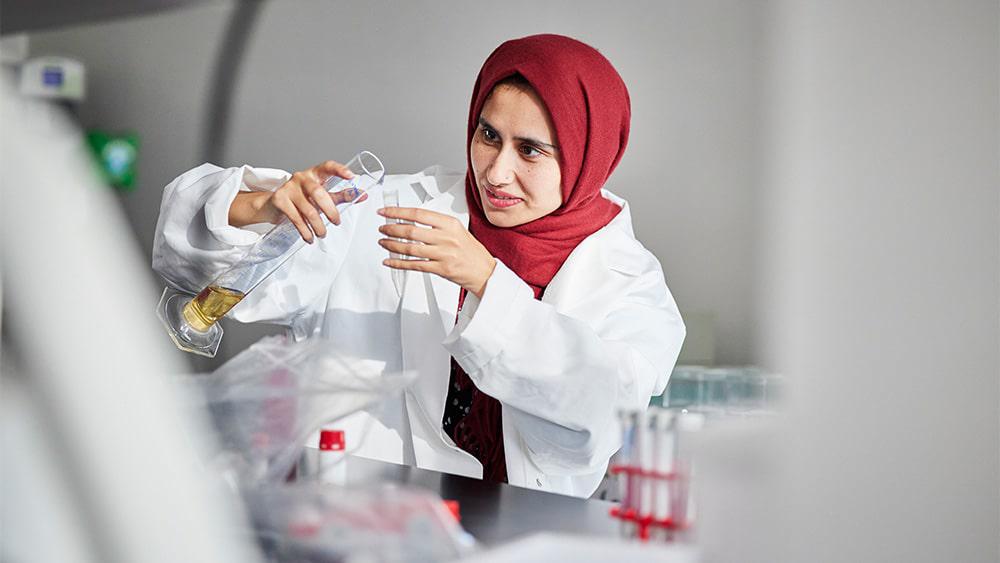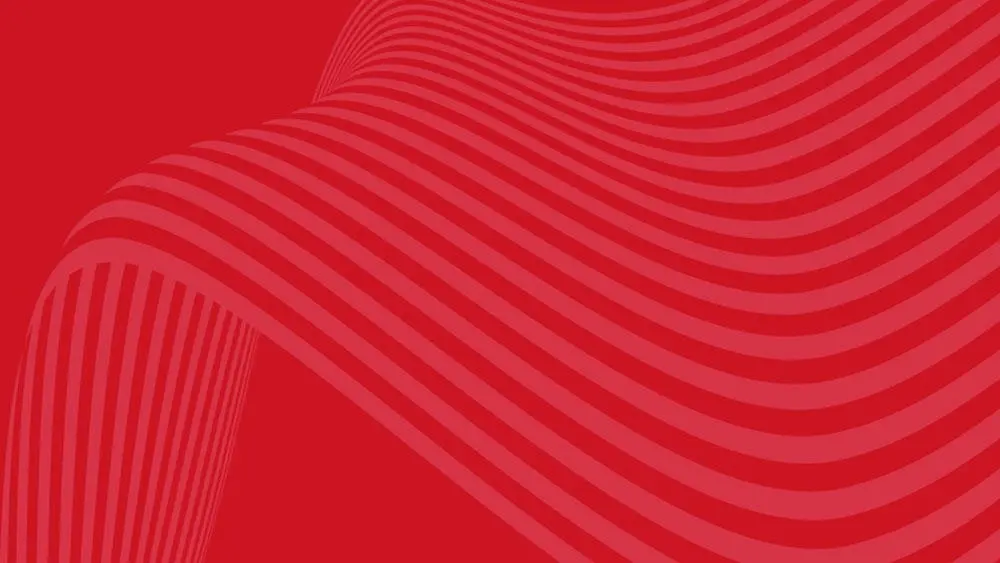
Biomedical science at Solent leads the way with industry accreditation
The Institute of Biomedical Science has reaccredited Southampton Solent University for a further five years.
30 April 2025
1 May 2018
How much sugar is in your smoothie?
Celebrity chef Hugh Fearnley-Whittingstall’s new programme – Britain’s Fat Fight – is back tomorrow night (Wednesday 2 May) investigating sugary drinks. Dr Ali Hill, a Registered Nutritionist and Course Leader for Solent University’s Applied Human Nutrition degree, explains why your smoothie isn’t as healthy as you thought …
“The recent sugar tax has already lead to manufacturers reformulating drinks to reduce the sugar content, which is great. However, fruit juices aren’t included in the sugar tax, and the UK’s healthy eating guidance, the Eatwell Guide, states that you shouldn’t have more than 150ml of smoothies or fruit juices a day. That’s just over half a cup. I don’t think that the manufacturers make that clear enough. For example, Innocent smoothies state that a portion is 380ml, but that’s more than twice what it should be. You might think by drinking these that you’re being healthy, but the reality is you’re far from it.
“It can be really hard to work out whether drinks contain sugar, because there are so many different types, and they each have different names - glucose syrup, sucrose, corn syrup, dextrose, they’re all sugar. The World Health Organisation separates sugar depending on whether it’s naturally present or whether it’s been added. Sugars that have been added, together with sugars found in fruit juices, honey and syrups, are known as free sugars, a term adopted in the UK a few years ago.
“By law, manufacturers have to state how much total sugar is in a product in the nutritional content label, but they don’t have to say whether it’s free sugars or natural sugars. If you looked at the sugar content of a banana you might think it’s high, but all of it is natural. It’s the free sugars that we have too much of, which can lead to weight gain and tooth decay.
“The government recommends that no more than 5% of your daily energy come from free sugars. For the average adult that’s about 30g or 7.5 teaspoons. Children aged seven to 10 should have less than 24g (six teaspoons) and children aged four to six should have less than 19g (just under five teaspoons).
“The biggest source of free sugars in the UK diet are sugar-sweetened drinks. Part of this comes about because it’s so unclear about what kind of sugar it contains. You might buy a fruit-based drink thinking it’s healthier than a standard fizzy drink, but there’s actually not much between them in terms of sugar content.
“Although sugar in fruits is the natural kind, when you blitz it to make a juice or smoothie it counts as free sugars, because it’s no longer in a cell, which is why it’s recommended not to drink too much. They also use a lot more fruit than you’d probably eat naturally. You might not eat two or three bananas in a row, but you could easily drink them in a smoothie. When you make a juice or smoothie you also reduce the fibre, which you need to help keep your gut healthy.
“What you need to look for on the package is “no added sugar”. Although added sugars aren’t exactly the same as free sugars, it’s usually a good indication of whether the food or drink is healthy or not, at least until free sugars are included on food and drinks labels.”
